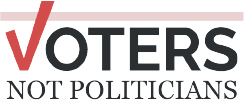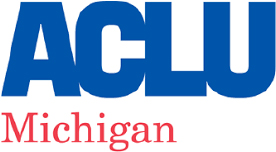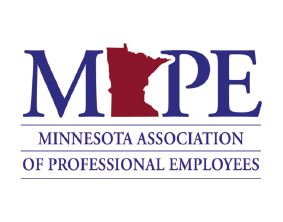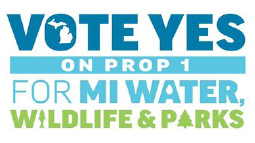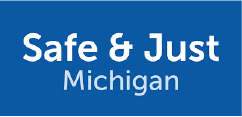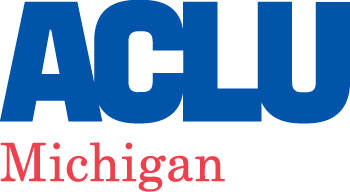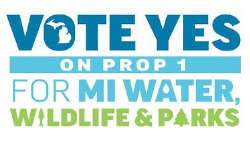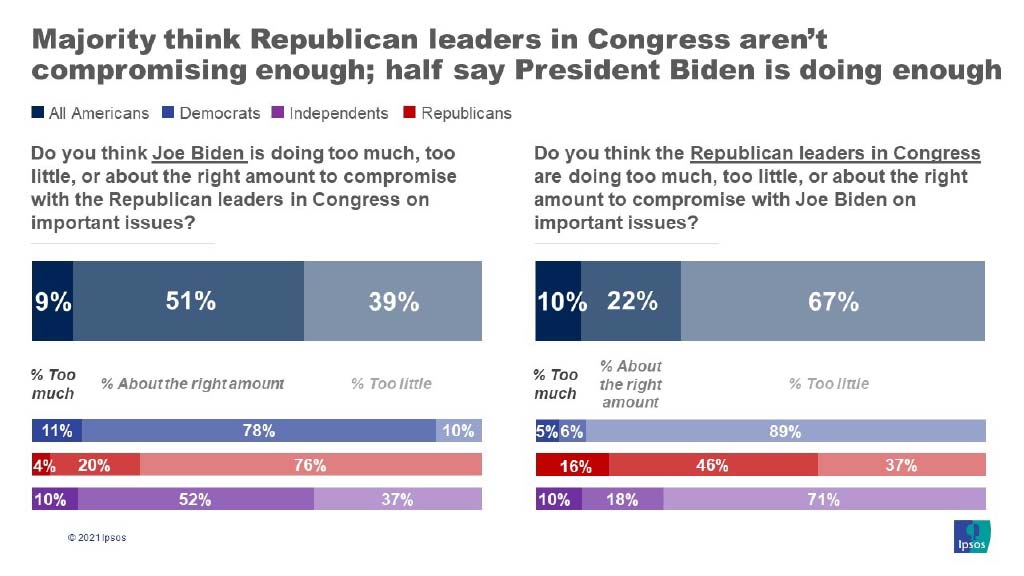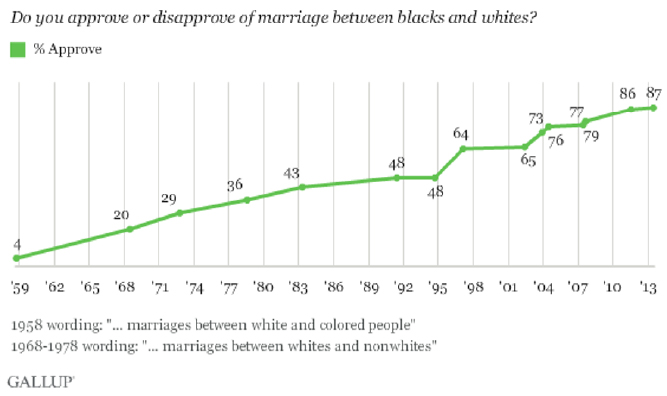One year ago, in June 2022, the United States Supreme Court announced its landmark decision in Dobbs v. Jackson Women's Health Organization, overturning the historic Roe v. Wade ruling that legalized abortion nationwide in 1973. This decision changed the role abortion is playing in our politics and elections -- but not because Americans’ views on the issue have fundamentally changed. Recent polling shows Americans are slightly more in favor of legal abortion than they were before Dobbs. But the big change we see is that the rush to state restrictions that followed Dobbs has 1) shown the most strongly pro-choice Americans that there is a real threat to their rights and freedoms, and 2) focused the political debate on circumstances where the public is least likely to support restrictions on the right to an abortion.
1. Between Roe and Dobbs, Americans’ views on the legality of abortion were largely consistent.
Americans have consistently favored legal abortion, though many would place restrictions on its legality. Gallup tracking from 1975 to 2023 has asked whether Americans think abortion should be "legal under any circumstances, legal only under certain circumstances or illegal in all circumstances.” Across the nearly 50 years before Dobbs, the largest group, between half and 60%, has supported abortion under some circumstances. A smaller group ranging from 33% (in 1994) to 21% (in 2009) said it should always be legal. Those who say abortion should be illegal in all circumstances has generally been the smallest group, peaking at 23% in 2009.
Similarly, the Pew Research Center has asked respondents since 1995 whether they thought abortion should be "legal in all cases, legal in most cases, illegal in most cases, or, illegal in all cases." The two middle categories, in which abortion is legal with restrictions, consistently captured a majority of the pre-Dobbs public, while the “illegal in all cases” category was consistently the smallest.
2. In these standard questions, post-Dobbs polling shows a small shift in a pro-choice direction.
Gallup’s data this year and last represent some of the strongest pro-choice sentiment since they began tracking. The most recent survey finds 34% say abortion should be legal under any circumstances --- one point higher than the pre-Dobbs peak. Fifty one percent say it should be legal only in some circumstances, and 13% say it should be illegal in all circumstances, just above the lowest mark in Gallup’s tracking history.
Similarly, Pew’s data post Dobbs-leak are at the pro-choice end of the historical range. This year’s survey finds 27% of the public believe abortion should be legal in all cases, 35% legal in most cases, 27% illegal in most cases and just 9% illegal in all cases – the smallest ever for the “always illegal” group and near last year’s peak for “always legal.”
In both surveys, however, the shifts are small, with public opinion hovering just above previous pro-choice peaks.
3. However, the data show an increase in the importance of abortion to pro-choice voters.
Research prior to Dobbs often found pro-choice voters did not see the right to an abortion as seriously threatened. But now that the threat is real, abortion has become a powerful voting and activism issue for the left.
Voters who identify as pro-choice are now 7 percentage points more likely to only vote for candidates who share their abortion position than voters who identify as pro-life, according to Gallup tracking from 2022 and 2023. This trend is a reversal of what was seen in Gallup’s tracking of the question from 1996-2020, where pro-life single-issue voters consistently out-numbered their pro-choice counterparts. Other data, such as a Suffolk University/USA Today poll from earlier this month, has also shown pro-choice voters now place more importance on abortion as a voting issue than do those who oppose legal abortion.
4. Additionally, the conversation is now focused on the aspects of the abortion fight where the pro-choice majority is largest.
The passage of 6-week abortion bans across the country has focused attention on two areas where support for abortion rights are strongest: first trimester and terminations driven by a health problem in the pregnancy.
- This year an NPR/PBS NewsHour/Marist poll found a majority (59%) of voters indicated support for abortions up to the end of the first trimester. Tracking from Gallup also shows that between May 2018 and May 2022, the share of respondents supporting first trimester abortions rose from 60% to 67%, and hit its highest mark this year at 69%.
- A Pew survey last March found a strong majority (73%) in support of the right to abortion when the pregnancy threatens the woman’s life or health.
This is a contrast to much of the last 50 years where the anti-abortion movement focused on chipping away at access through measures most of the public supported such as parental notification requirements, restricting “late term” abortions, and various clinic restrictions.
Implications
We are seeing abortion play a dramatically different role in our political conversation due to higher intensity on the pro-choice side, even though overall views on the issue have remained stable. A Kansas ballot measure that would have allowed abortion rights restrictions was not only defeated 59% to 41%, but also generated turnout double that of a typical primary election and nearing turnout in presidential election years). Pro-choice candidates and ballot measures succeeded across the U.S. in November -- Michigan’s Proposal 3 cruised to victory along with pro-choice Governor Gretchen Whitmer. And Wisconsin’s Supreme Court this April also broke turnout records, putting the openly pro-choice Janet Protasiewicz on the court and giving Democrats in the state a chance to overturn the state’s 1849 abortion ban.
Democratic candidates should continue to harness this energy in their campaigns as we head into 2024. Potential ballot measures in states like Ohio and Florida may create new opportunities to protect abortion rights by popular vote as well as to lift pro-choice candidates. The more Republicans and the anti-choice movement push wholesale abortion bans, the more they will alienate the public. But abortion rights supporters also need to remain cognizant that if the conversation shifts back, voters remain open to some abortion restrictions. To fight further restrictions and cement their gains in public opinion, advocates should continue to focus on the fundamental message that decisions about pregnancy and abortion should be made by women with their doctors, not by politicians in Washington or our state capitals.













